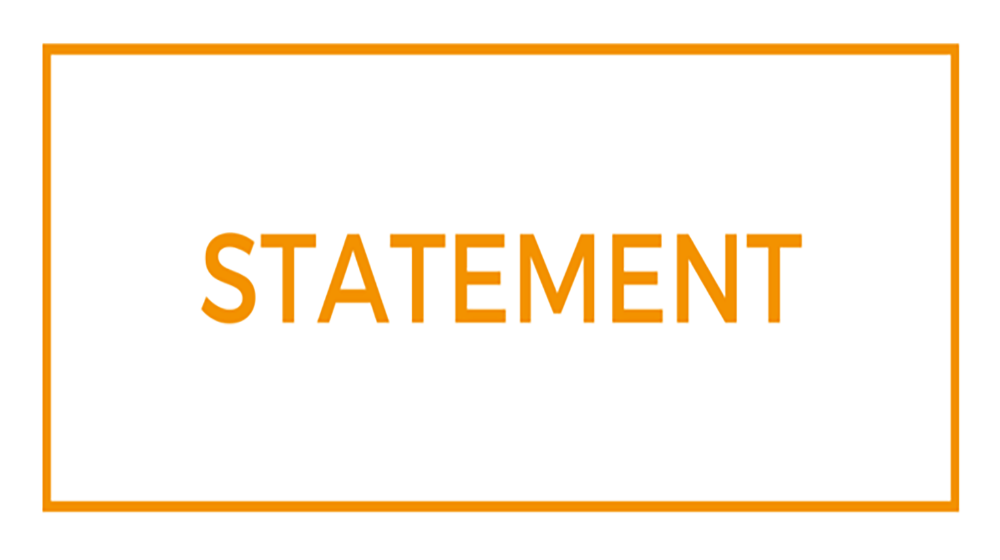Statement by UNFPA Executive Director on the International Day of Persons with Disabilities
Persons with disabilities are too often defined by what they cannot do, or by what society assumes they cannot do. The International Day for Persons with Disabilities is a moment to recognize the important contributions, achievements and leadership they demonstrate in making our societies more just, equitable, and inclusive.
Today, more national laws and policies protect the rights of persons with disabilities than ever before. Services are increasingly responsive to their specific needs, and there is increased attention on supporting people with disabilities to have access to sexual and reproductive health information and services as well as safe, healthy and satisfying intimate relationships. Statistical systems are better at capturing data relevant to their experiences. In telling a fuller story of the disparities and discrimination faced by persons with disabilities, these data help expose and close critical gaps.
One in five women globally is a person with a disability. Yet from households to parliaments, too few are empowered to make decisions that have far-reaching consequences for their bodies and lives. This includes fundamental choices about their sexual and reproductive health and rights, the foundation for bodily autonomy, wellbeing and ability to determine their own future.
Women and girls with disabilities may be up to three times more likely to be involuntarily sterilized than the general population. Violence also blocks women and girls with disabilities from realizing their full potential. Online and offline, in homes and chatrooms, they confront significant risks of harassment and harm, including rates of intimate partner violence two to four times higher than their counterparts without disabilities.
Change is happening but needs to pick up speed. UNFPA’s close collaboration with movements of women with disabilities has helped galvanize momentum. Together, we are developing tools to protect rights and choices and uproot discrimination. Our partnership with Women Enabled International has produced guidelines that are improving the quality of sexual and reproductive health care and services in over 70 countries, ensuring they meet the diverse needs of persons with disabilities. In Eastern Europe and Asia, UNFPA is training health-care providers on specific skills to assess and respond to gender-based violence against persons with disabilities.
Through the We Decide programme, UNFPA promotes the human rights and social inclusion of persons with disabilities, particularly women and young people. Our goal is to expand access to sexual and reproductive health services as well as the information and education people need to make the best choices for themselves.
Today and every day, UNFPA stands with persons with disabilities globally in their call for action to protect and promote their fundamental rights, and support their leadership in shaping more inclusive and peaceful societies for everyone.


